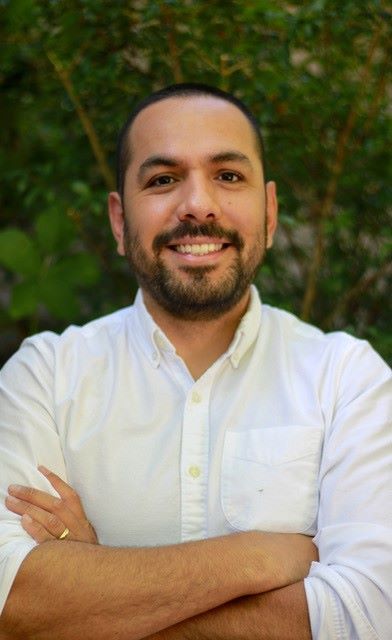University of Victoria, Canada
Unpacking institutional plurality and complexity: key components, configurations, and implications for organizational success
Abstract
In this study, we investigate the conditions that influence organizational success in protecting the legitimacy of large capital investment projects in contexts of institutional plurality and complexity. With a dataset comprised by the hearing transcripts of the regulatory review processes of 35 oil pipeline project proposals in Canada, we used fuzzy set Qualitative Comparative Analysis (fsQCA) to investigate how context-specific characteristics, in combination with actor- and project-specific characteristics, influenced the success experienced by organizations when protecting the legitimacy of their projects. Our results show that plurality and complexity constitute two distinct constructs, each with a different set of components, and that different combinations of those components have distinct effects on organizational success. In institutional contexts characterized by extreme plurality and complexity, organizational success will be low irrespective of organizational responses. In other types of plural and complex contexts, success will depend on the way organizations respond to stakeholders together with the degree of disruptiveness of their proposed project.
Keywords: Institutional Plurality – Institutional Complexity – Organizational responses – Legitimacy - Fuzzy-set/QCA – Topic Modeling
Biography
Juan Francisco is a PhD Canadidate in Gustavson School of Business at the University of Victoria. Prior to joining UVic, Juan Francisco worked several years in different public and private organizations, in leadership and/or consulting roles. His experience has focused in areas such as business policy and strategy, sustainability, and stakeholder engagement.
Juan Francisco’s research can be situated in the intersection of organization studies, strategic management, and sustainability. In particular, he studies how organizations respond to social and environmental challenges in the context of controversies and/or socio-environmental conflicts. He has experience teaching courses like Business & Sustainability, Social Entrepreneurship, and Business Research. Likewise, he has guest lectured in courses like Strategic Management and Corporate Relations and Responsibilities.
He received his bachelor’s degree in social sciences from the Pontificia Universidad Católica del Perú (2006) and his master’s in development studies from the Institute of Social Studies - Erasmus Rotterdam University (2011).
Juan Francisco Chavez

